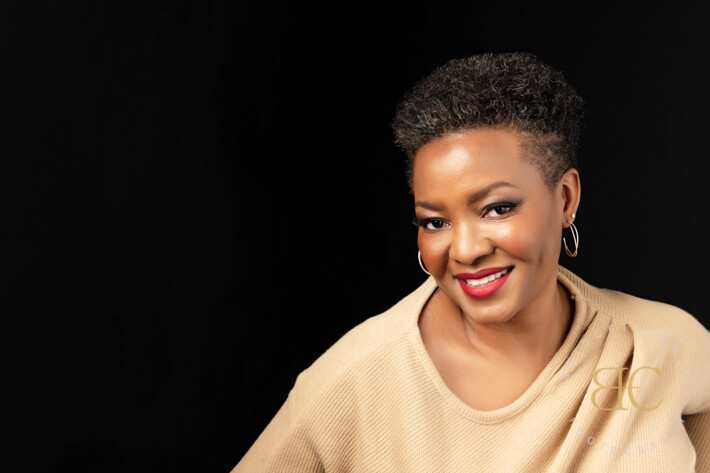Celebrating the Winners and Encouraging Growth: Insights from the Technology Innovation Agency’s Pitching Competition at the SA Innovation Summit
The Technology Innovation Agency (TIA) hosted an exciting pitching competition during the SA Innovation Summit from September 26th to 28th. The winners were commended for their impressive accomplishments, but TIA Acting Executive for Innovation Enabling, Vusi Skosana, reminded everyone that even those who didn’t win have still achieved something invaluable. He emphasized that failure is not the end, but another chance to learn and grow. Skosana encouraged all participants to treasure their experiences, as they will undoubtedly contribute to future success.

Skosana’s inspiring message was inspired by the City of Cape Town’s call to action, urging attendees to help transform the city into a leading destination for technology and innovation. Alderman James Vos further emphasized the importance of taking committed actions and encouraged participants to use the three-day event as an opportunity to devise innovative solutions for both the city and the continent.

First Prize WHC – Paseka Lesolang
Our innovative solution is the WHC Leak-Less Valve™, a patented water control product designed to address the issue of water wastage caused by toilet leaks. In many cases, users are unaware of these leaks, which results in a continuous cycle of refilling the cistern to compensate for the lost water. This conventional approach leads to a significant amount of water loss. Notably, toilets account for the largest portion of water consumption, constituting 29% of overall usage according to Rand Water. Unfortunately, leaks in toilets are pervasive, leading to the wastage of approximately 700 liters of water daily, equivalent to around 250,000 liters annually, contingent on the leak’s size. Our Leak-Less Valve™ stands out as an effective solution capable of both detecting and preventing such leakages. By doing so, we not only conserve water but also offer substantial cost savings, all while aligning with the criteria of a water-efficient innovation.
Second Prize Swift VEE – Russel Luck
swiftVEE’s core business is a livestock trading platform that connects buyers and sellers of livestock in real-time. However, we have a prototype to create credit risk scores for emerging farmets which will enable financial institutions to provide them with loans.
swiftVEE is a livestock trading platform connecting buyers and sellers in real-time: www.swiftvee.com We have developed a prototype to use buyer and trading data to create risk scores which banks can use to provide loans to developing farmers.
Our real-time livestream operates in farm areas where there is very little internet connecting. Our trading data is used via machine-learning prototype to calculate the risk / financial return of providing loans to farmers with incomplete financial records / no previous credit records
At the moment – between 1 million – 3 million emerging farmers cannot acquire bank finance because they have insufficient financial data to be approved for finance by banks. Our technology can be utilised to provide credit risk scores for banks, but we needed funding to bring it to market
We have a working prototype but require funding for additional data scientists and developers to bring our credit risk score technology to market.
Third Prize Liqid Medical – Joshua Fischer
Glaucoma is characterised by increased pressure inside the eye that leads to permanent vision loss. Reducing the pressure in the eye is the most clinically effective method to prevent the progression of glaucoma-related vision loss. Our flagship device, the OptiShunt, is a permanent implant that relieves the pressure inside the eye.
Driven by the need to overcome the challenges of existing glaucoma therapies, LIQID Medical is pioneering the ground-breaking concept of ocluo-optic shunting. The oculo-optic mechanism of action drains fluid inside the eye to the fluid-filled space surrounding the optic nerve at the back of the eye.
“In the last 50 years, contemporary glaucoma implants have been trying to optimise fluid drainage from the front of the eye to an artificially created reservoir underneath the top layer of the eye to form what is called a bleb. Unfortunately, the presence of ocular fluid between the eye tissue causes a severe inflammatory response. This reaction is why, despite medical specialists’ best efforts, 50% of the state-of-the-art devices still fail within the first five years. Through the oculo-optic mechanism of action, the OptiShunt drains fluid into a space that naturally contains fluid, preventing the inflammatory response and the other complications associated with bleb formation.”

